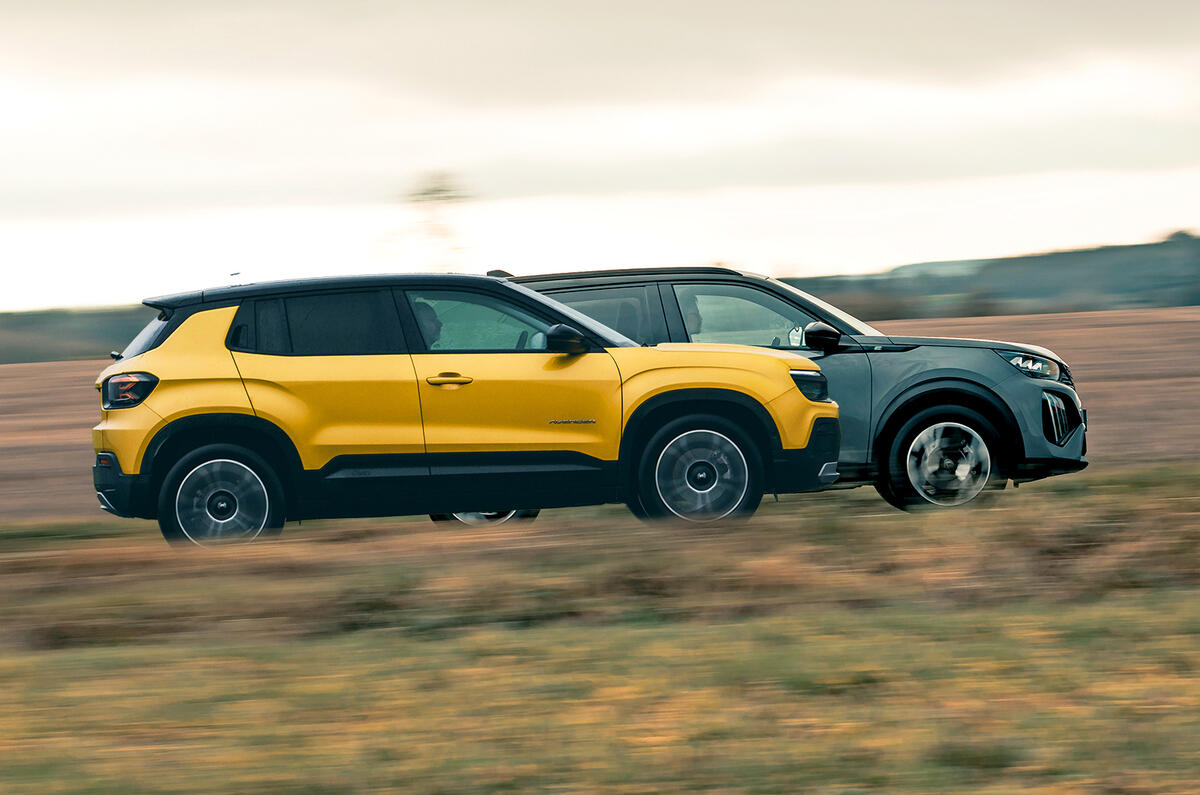The dream of the global car industry to deploy the same technology across a range of brands around the world has long been under pressure, and recent events have further pushed a once-profitable strategy further into the darkness.
“The difficulties of Stellantis continue to cast doubts about the global brand conglomerate business model,” Phillipe Houchois, analyst at the bank Jefferies, wrote in an investor note following the resignation of CEO Carlos Tavares on 1 December.




Add your comment